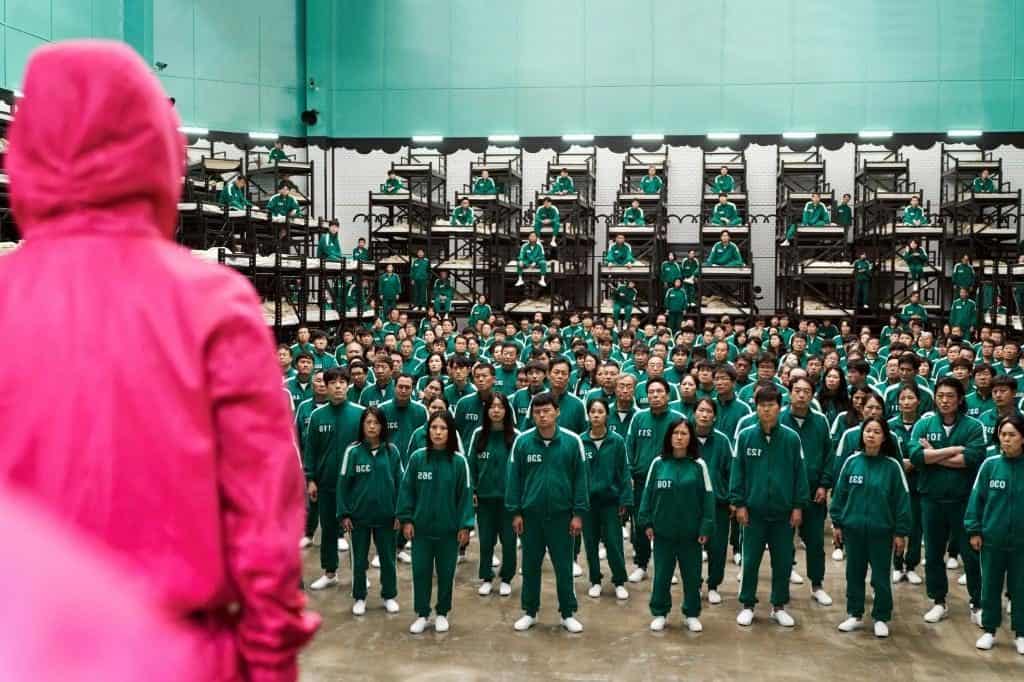It shows South Korea’s poorest citizens, including a debtor, a migrant worker, and a North Korean defector, participating in traditional children’s activities for a chance to win 45.6 billion won ($38 million) in strange circumstances.
Netflix’s mega hit “Squid Game,” a dystopian picture of a polarised society, combines a tight storyline, social allegory, and brutal violence to produce the latest South Korean cultural sensation to go worldwide.
Players who lose are murdered. The film’s juxtaposition of harmless kid pleasures and fatal repercussions, as well as its high production standards and lavish set design, has made it a worldwide hit.
Netflix’s chief executive predicted “a very strong possibility” it would be “our biggest programme ever” only days after it premiered last month.
It’s the latest example of South Korea’s popular culture’s rising impact, as exemplified by K-pop phenomenon BTS and the subtitled Oscar-winning film “Parasite.”
According to critics, the show’s themes and critique of capitalism’s problems are pertinent worldwide — especially now that the coronavirus epidemic is aggravating global disparities — and are essential to its universal appeal.
“The rising trend of prioritising profit over individual well-being” is a “phenomenon that we see in capitalist society all over the world,” according to the report. Sharon Yoon, a professor of Korean studies at Notre Dame University in the United States
“For a long time, Western consumers have linked foreign media with portrayals of poverty, and it’s been a means of looking down on the world’s poor.”
“What makes ‘Parasite’ and ‘Squid Game’ special is that, despite depicting poverty and class disparity, they do so in a way that demonstrates Korea’s technological and cinematic modernity.”







